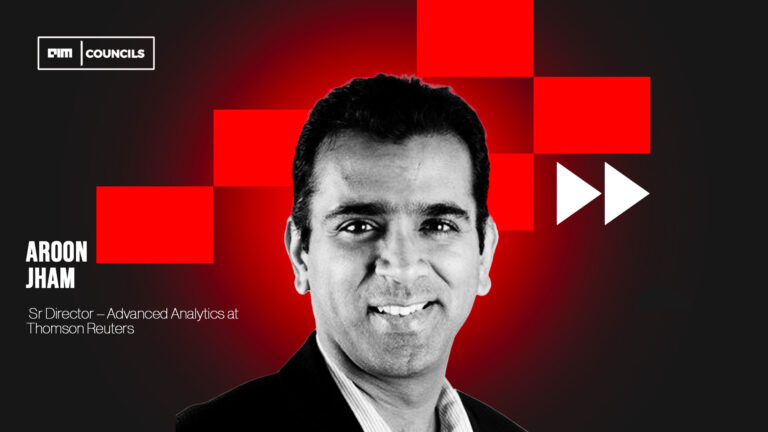There was a time when AI was supposed to take your job, not your boss’s. But here we are, and the corner office isn’t safe anymore. In fact, if you’re a CEO of a language-heavy, content-driven company who still thinks AI is just another tech fad, here’s a heads-up: You might be next.
This isn’t about science fiction or hypothetical futures. It’s already happening, and boardrooms are starting to act fast.
AI Replacing the Business Model
Take Dan Rosensweig, former CEO of Chegg. Once a dependable name in online learning, Chegg watched its business erode as students flocked to ChatGPT for instant homework help. Rosensweig stepped down in 2023 after admitting that ChatGPT was directly impacting growth. New CEO Nathan Schultz took over. He launched a lawsuit against Google for AI-generated summaries cutting into web traffic and reportedly explored a company sale. This was more than just a strategic shift; it was an effort to manage damage.
Growth Drought at Udemy
Another example: Greg Brown, the former CEO of Udemy. He left the company in early 2024 after a flat 1% revenue growth in 2023. That may not sound catastrophic, but in today’s AI-fueled market, it’s a red flag. Brown’s replacement, Hugo Sarrazin, is a McKinsey and tech veteran brought in to overhaul the learner experience with AI at the center. Udemy’s massive video course library, once its strongest asset, is under pressure as AI-generated learning becomes more dynamic and personalized. Boards are no longer giving leaders years to figure this out. They’re giving quarters.
AI Founder Steps Down From His Own Company
Even those building AI aren’t immune. In March 2024, Emad Mostaque, founder and CEO of Stability AI, resigned amid internal pressure and investor scrutiny. His departure followed growing concerns over a lack of direction and commercialization despite having one of the most prominent open-source models in the space. He cited a desire to pursue decentralized AI.
UiPath’s Founder Returns to Fix the AI Push
In April 2024, Rob Enslin stepped down as CEO of UiPath, a leader in automation. Co-founder Daniel Dines returned as CEO to lead a renewed focus on embedding generative AI across the product suite. The implication? Growth and innovation weren’t happening fast enough. It’s a pattern we’re seeing across companies: the founder returns when AI urgency hits the boardroom.
Turnover Stats That Should Worry Every Leader
This isn’t isolated. In 2024, CEO turnover in the tech sector jumped by 90%, according to data from Russell Reynolds. In total, 40 tech CEOs departed, which represented 50% more turnover than the six-year average.
A global survey found that 74% of CEOs fear they could lose their jobs within two years if they don’t deliver clear, AI-driven business results. This is no longer about embracing innovation; it’s about surviving it.
CEOs Must Now Be AI-Ready, Not Just AI-Aware
No, AI won’t literally replace your CEO. But it’s exposing who can lead in an AI-first world—and who can’t. Today’s boards expect CEOs to be fluent in AI opportunities, data strategy, and technical feasibility. That doesn’t mean coding Python, but it does mean knowing when your product is about to be made obsolete by a better algorithm. This new expectation is less about vision and more about velocity.
Leadership Has a New Job Description
In the AI era, the best CEOs are part strategist, part technologist. They’re shaping product roadmaps that include AI-native features, experimenting with pricing models influenced by AI delivery costs, and rewriting customer journeys around AI augmentation. It’s not about reacting. It’s about re-architecting.
The Bottom Line for Leaders
If you’re leading a company in education, media, SaaS, or any industry where language and content are core to value creation, this is your red alert.
Boards are asking one thing: “Can our CEO lead us through AI disruption or do we need someone else who can?”
Because AI isn’t just disrupting workflows. It’s rewriting what leadership looks like. And if you’re not actively transforming your business, the board might just transform your position instead.












